5 Intriguing Things that Celebrate Specificity
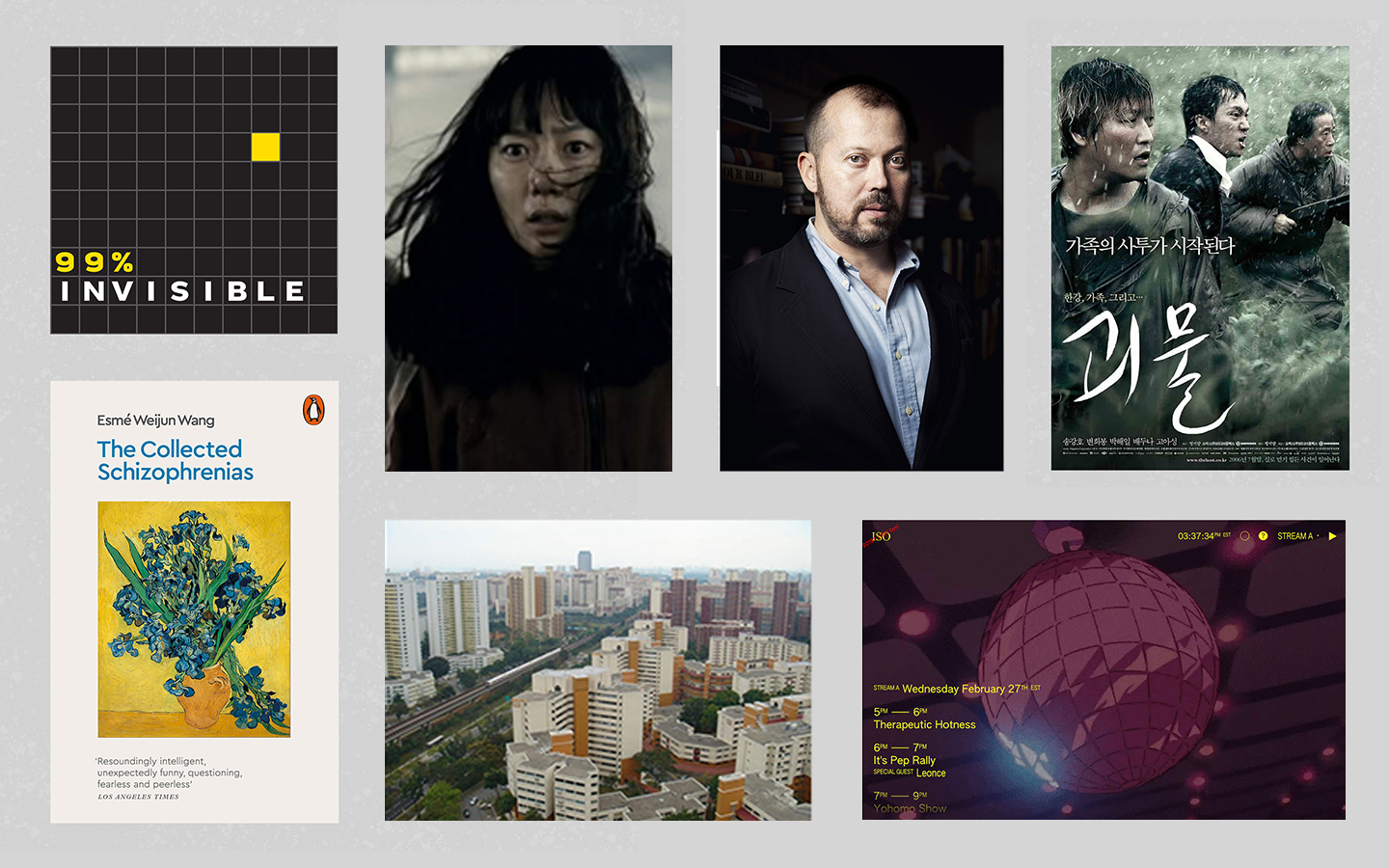
This month, I’ve been mulling over two cultural events. The first event is the controversy that arose over American Dirt by Jeanine Cummins, a novel about a Mexican woman and her son escaping to the United States, which readers have called “brownface” and criticized for appropriating Mexican culture to perpetuate harmful stereotypes. The second event is Bong Joon Ho’s Parasite winning Best Picture at the Academy Awards. I see the connection between these two events being a growing concern for and awareness of the power in specificity.
Detractors of American Dirt, in general, find it to be vaguely gesturing towards something substantial without actually having the weight of details rooted in reality to make the writing what it wants to be—valuable in the current conversations about immigration, border policies, and vulnerable migrants. Parasite’s win struck many as being particularly remarkable because of how uniquely Korean the story is. It is a film made specifically as a critique of and response to the class and wealth disparity in Korean society, but it found global success.
So, this batch of Intrigue selections celebrate specificity and understanding parts of the world in tighter focus. Included below are recommendations that dive deeply into the realms of mental health, Singaporean graveyards, American influence in Korea, writing self-critically, and the Toronto music scene.
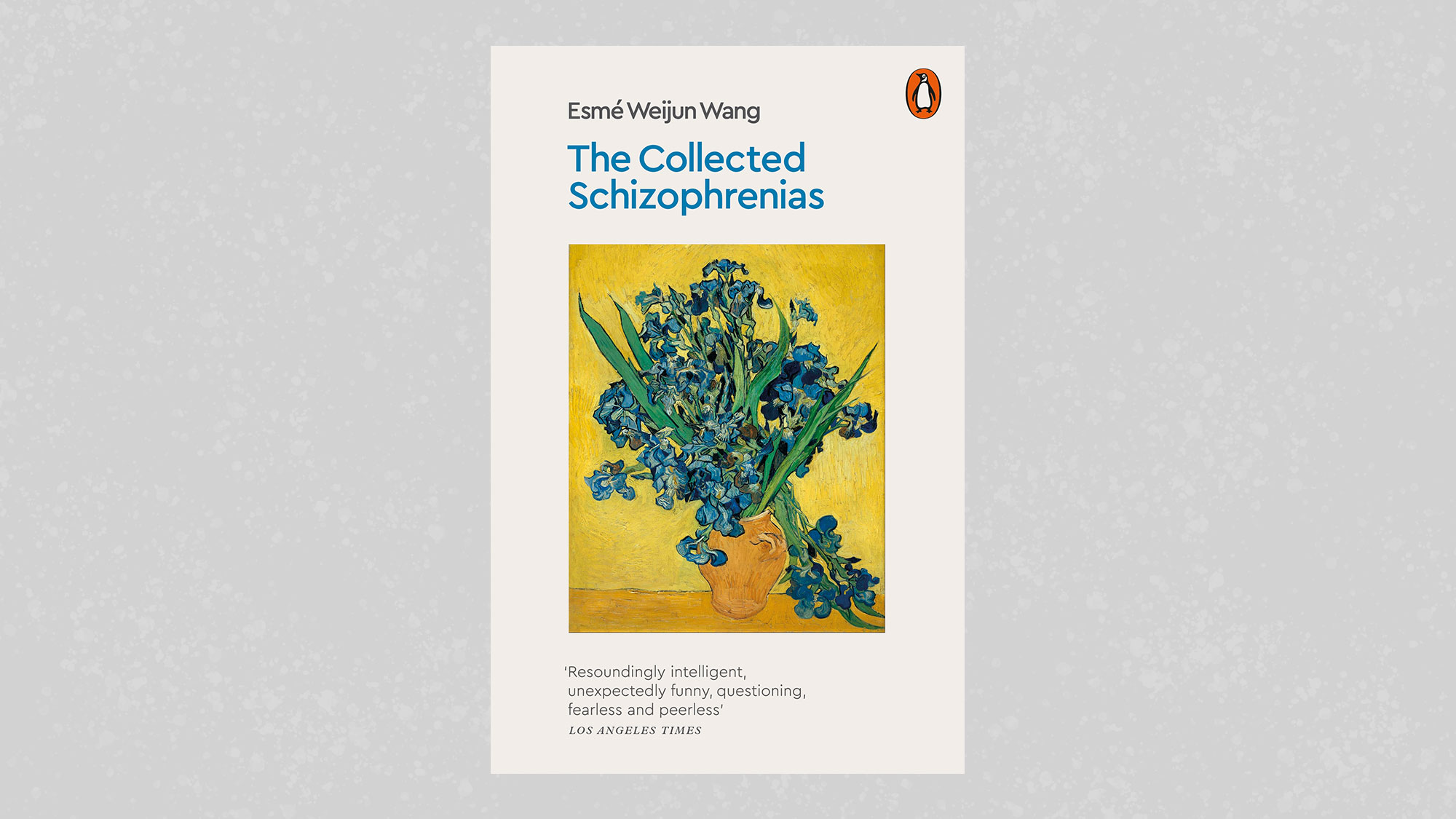
The Collected Schizophrenias by Esmé Weijun Wang
The Collected Schizophrenias is a collection of non-fiction memoir-like essays by Esmé Weijun Wang. The essays detail how, since her teenage years, she has been living with recurring periods of psychosis and a range of diagnoses including schizoaffective disorder and late-stage chronic Lyme disease. Wang’s experiences of mental, physical, and emotional trauma and suffering far exceed what the average person encounters—at some points in her life, just to exist was enough of a challenge—yet she writes about her experiences with brilliant clarity and even-handed insight. The essays weave in, among her individual recollections, other authors on the subject of mental illness, the science and facts available, a consideration of the American healthcare system, and cultural commentary. Wang carefully considers mental health from many angles—personal, political, financial, social, spiritual—and in her writing confidently leads a reader to greater understanding and contemplation of what it’s like to live with chronic psychiatric illness.
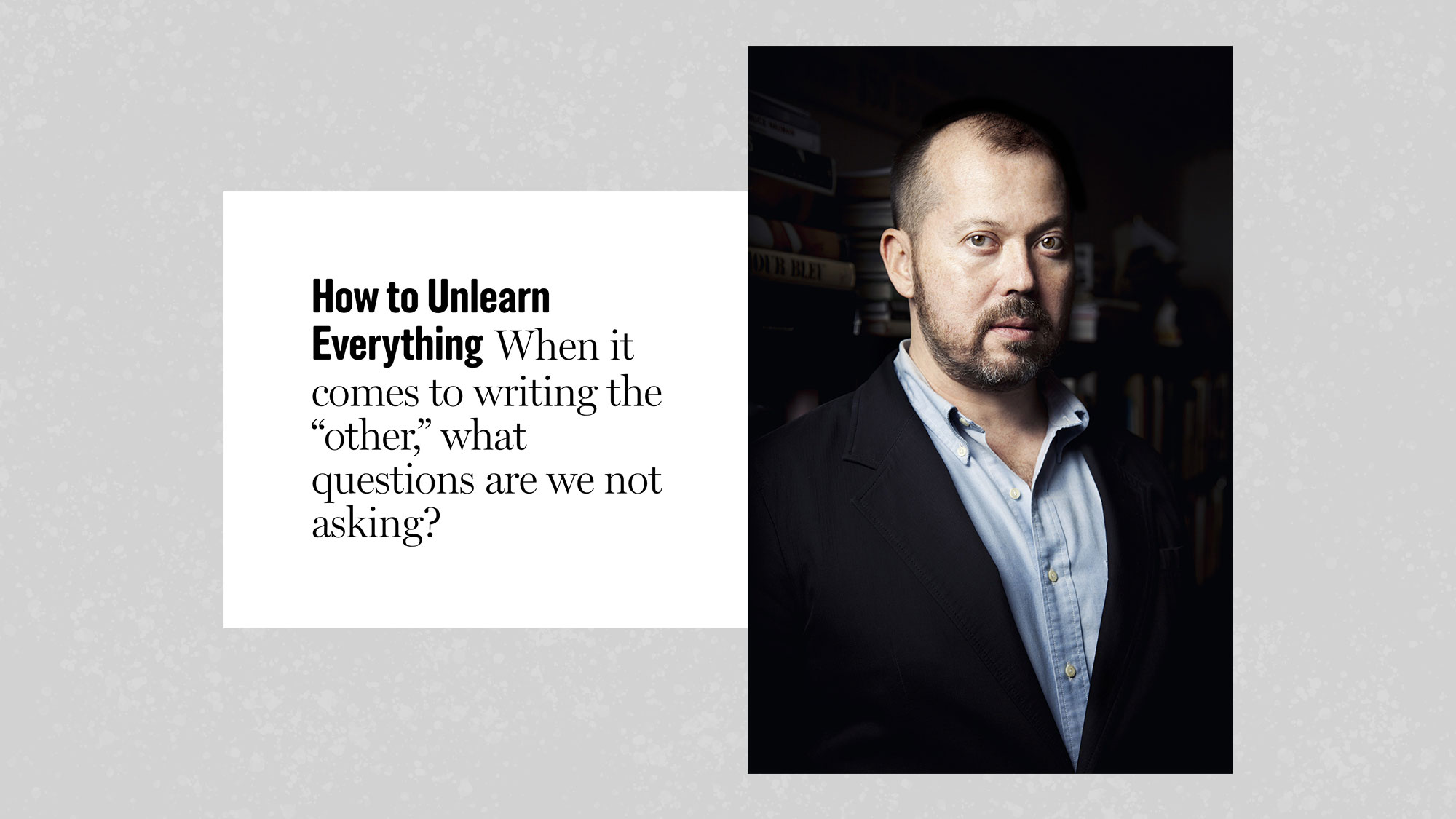
“How to Unlearn Everything” by Alexander Chee
Alexander Chee, author of How to Write an Autobiographical Novel, wrote this article for Vulture in October of 2019, but the main inquiry of the piece—“When it comes to writing the “other,” what questions are we not asking?”—remains relevant now and has the sort of questions in it that are likely to stick in your head for years. Chee, a queer Korean-American author, frequently gets asked at panels for writing advice on how to write about people who are of different backgrounds and appearances from the author. Rather than dispense writing advice when the author is actually seeking permission to pursue their subject material, Chee has come up with three introspective questions for writers to ask themselves when making decisions as to what stories to tell. The questions Chee poses are useful for non-writers as well. He asks us to consider what our sense of a story is and to more critically consider the authorship of the books we read.
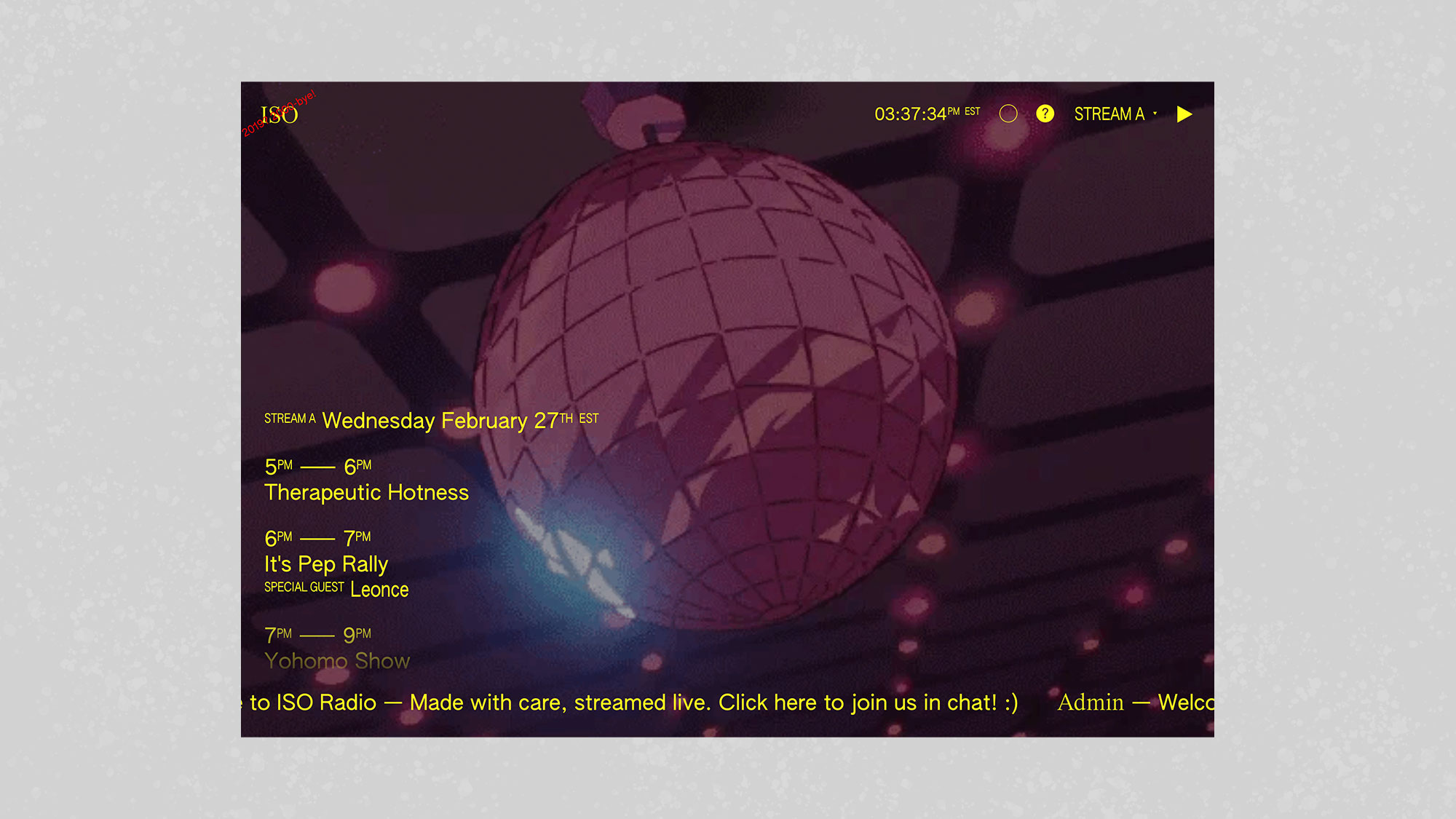
ISO Radio
ISO is a community-driven internet radio station founded by Josephine Cruz and Freeza Chin that broadcasts live from Toronto five days a week. The station makes an effort to represent DJs, producers, journalists, and tastemakers of all backgrounds, genders, and musical interests. ISO, which stands for “In Search Of”, is radio for listeners seeking underground music, eclectic mixes, honest interviews, and to be surprised by what they hear. Cruz and Chin have an extensive knowledge of the music scene in Toronto and they make sure that ISO Radio evenly features established voices as well as newcomers. Listeners can trust that ISO is putting in the work to be a non-standard station and can also expect to treat their ears whenever they tune in.
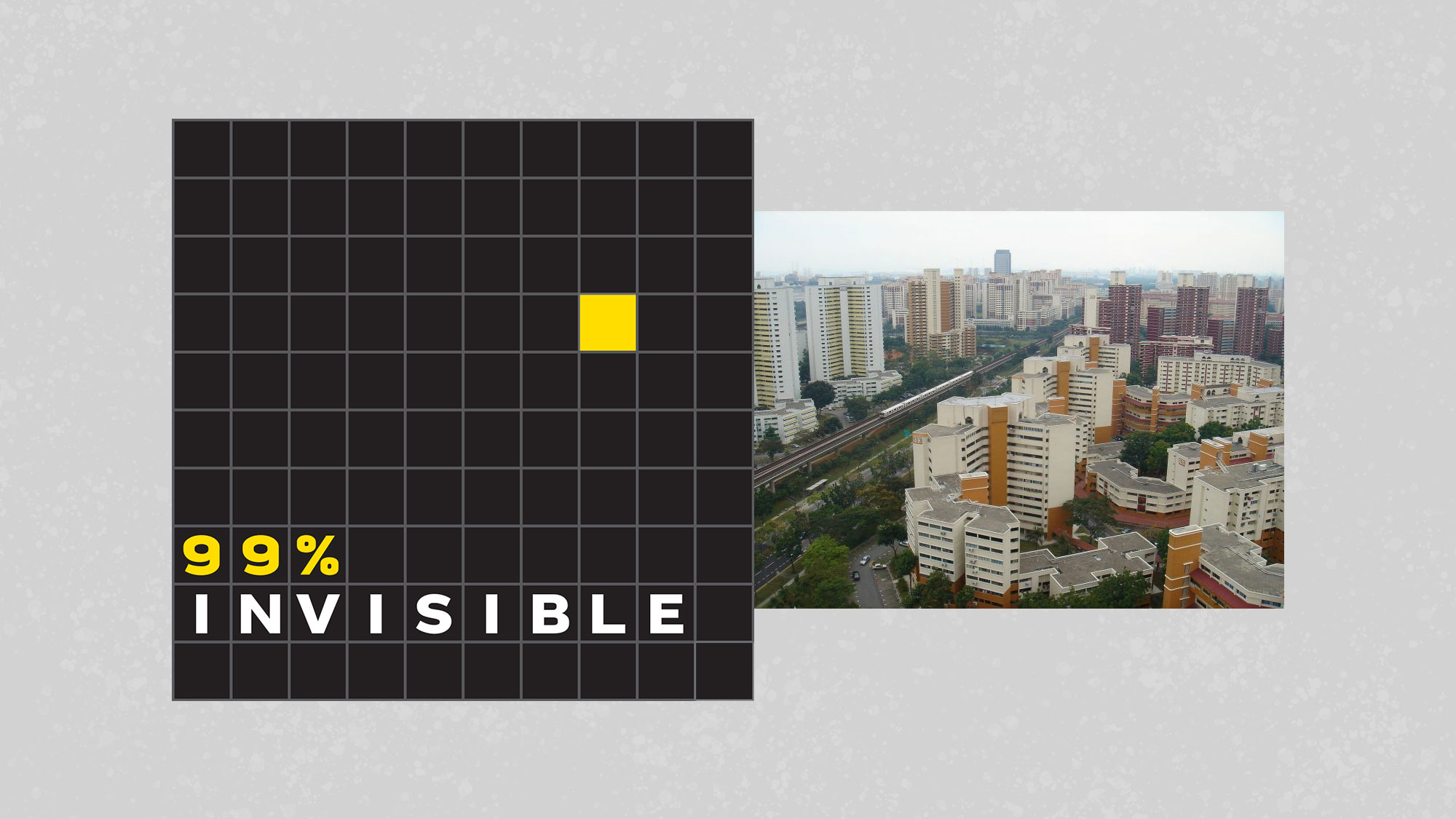
“Life and Death in Singapore”, Episode 359 of 99% Invisible
99% Invisible is a podcast about all of the unnoticed architecture and design in the world. This episode is reported by Katie Thornton, a Fulbright - National Geographic Digital Storytelling Fellow, who is working on a project called Death in The Digital Age. Her project, and this episode, are about the changes we’ve made in how and where we remember our dead in an increasingly urban world where land is limited. Thornton reports on how it is not unlikely for public housing developments in Singapore to have been built on the sites of former graveyards. This change in the use of land is particularly significant in the cultural changes that it has required Singaporeans to make. Listen to this episode to learn how urbanism has forced a reconsideration of rituals around death.
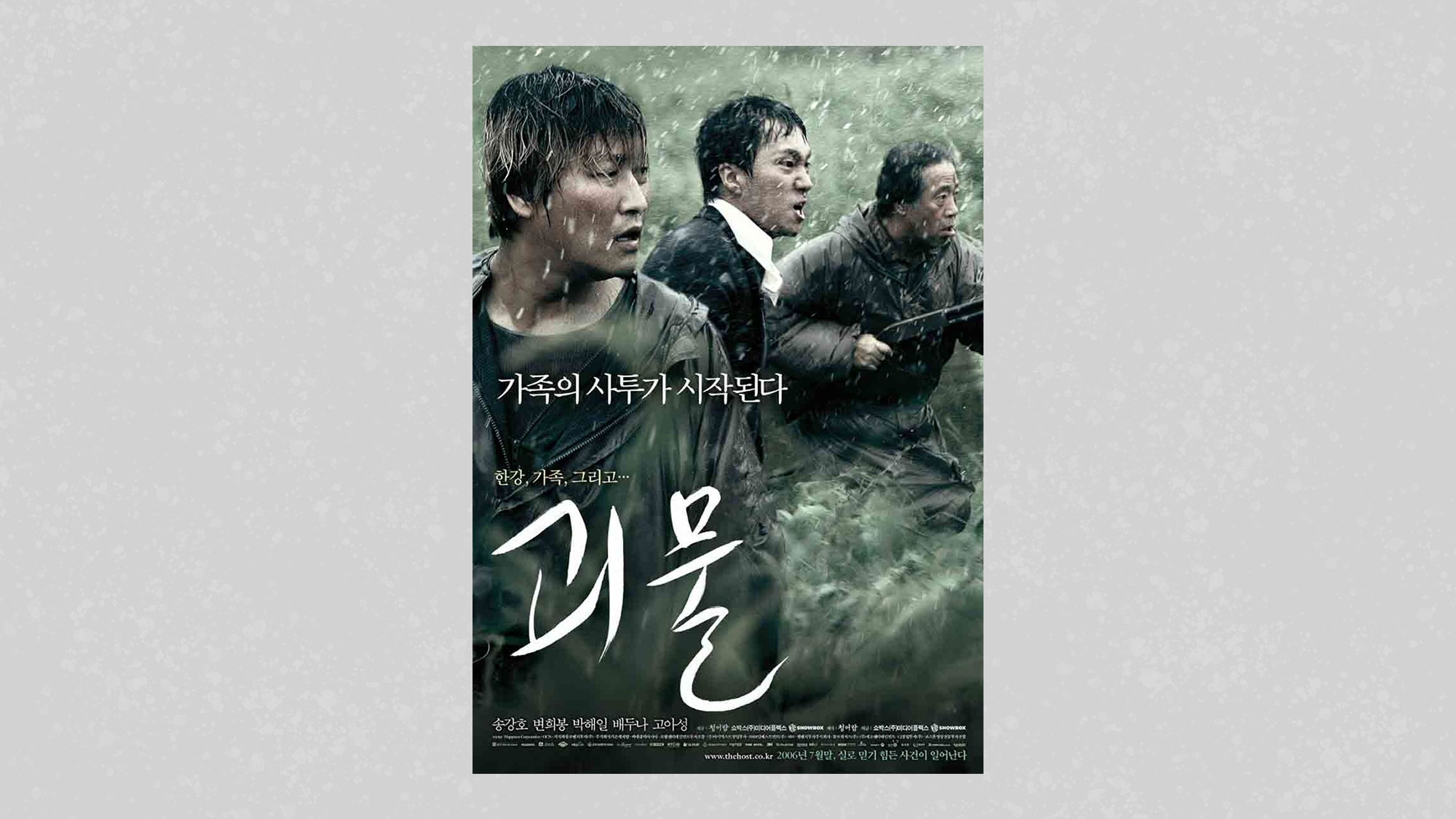
The Host
The Host is a Bong Joon Ho film from 2006 that is similar in some ways to his 2020 Oscar-award winning movie Parasite. It also features Song Kang-Ho as a loving bumbling father and is a thriller that has you rooting for the down-on-their-luck family featured at the heart of the film. Since the success of Parasite has led to an increased appetite for Korean cinema, The Host is one of the many great options available for continuing down that rabbit hole. At its surface, this is a monster movie where the characters try everything possible to save their loved ones and defeat the menace. However, it has a few additional layers: one, it is a family drama that shows the Park family working together despite their differences; two, it is a critique of American military and cultural presence in Korea; and three, it is a questioning of whose words have power and the effects of misinformation. Watch The Host to continue expanding your knowledge and appreciation of Korean cinema.